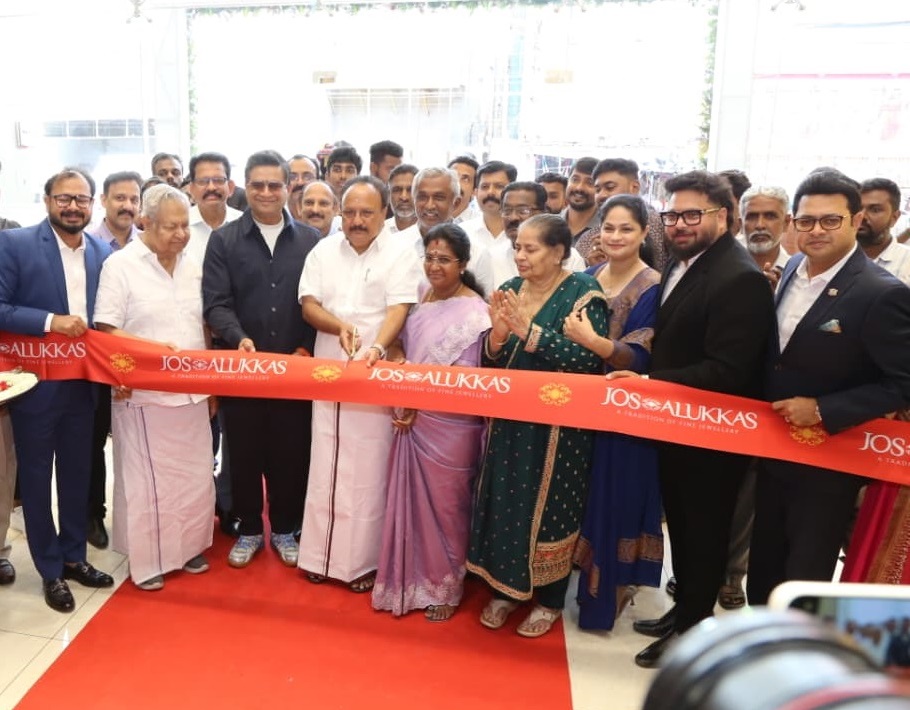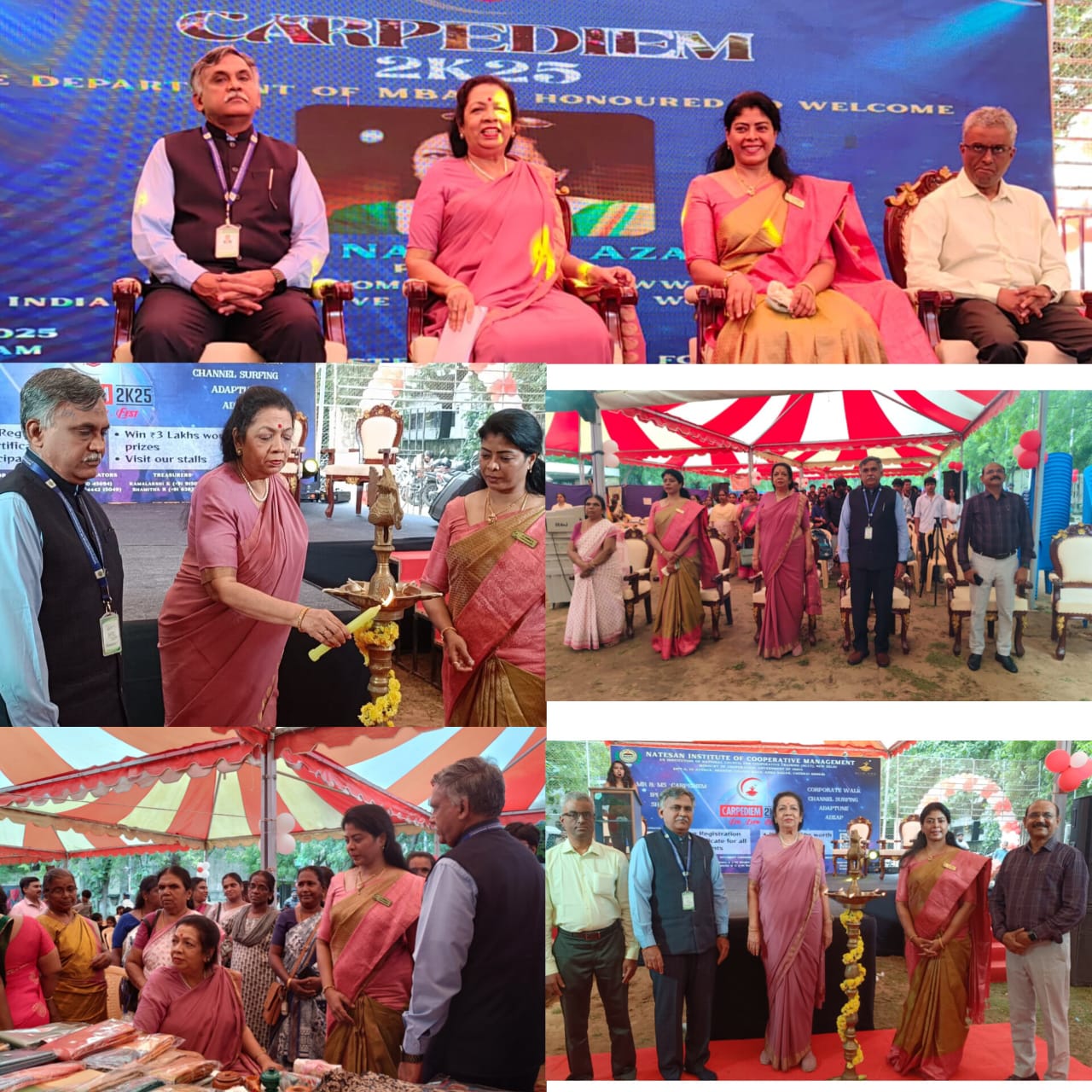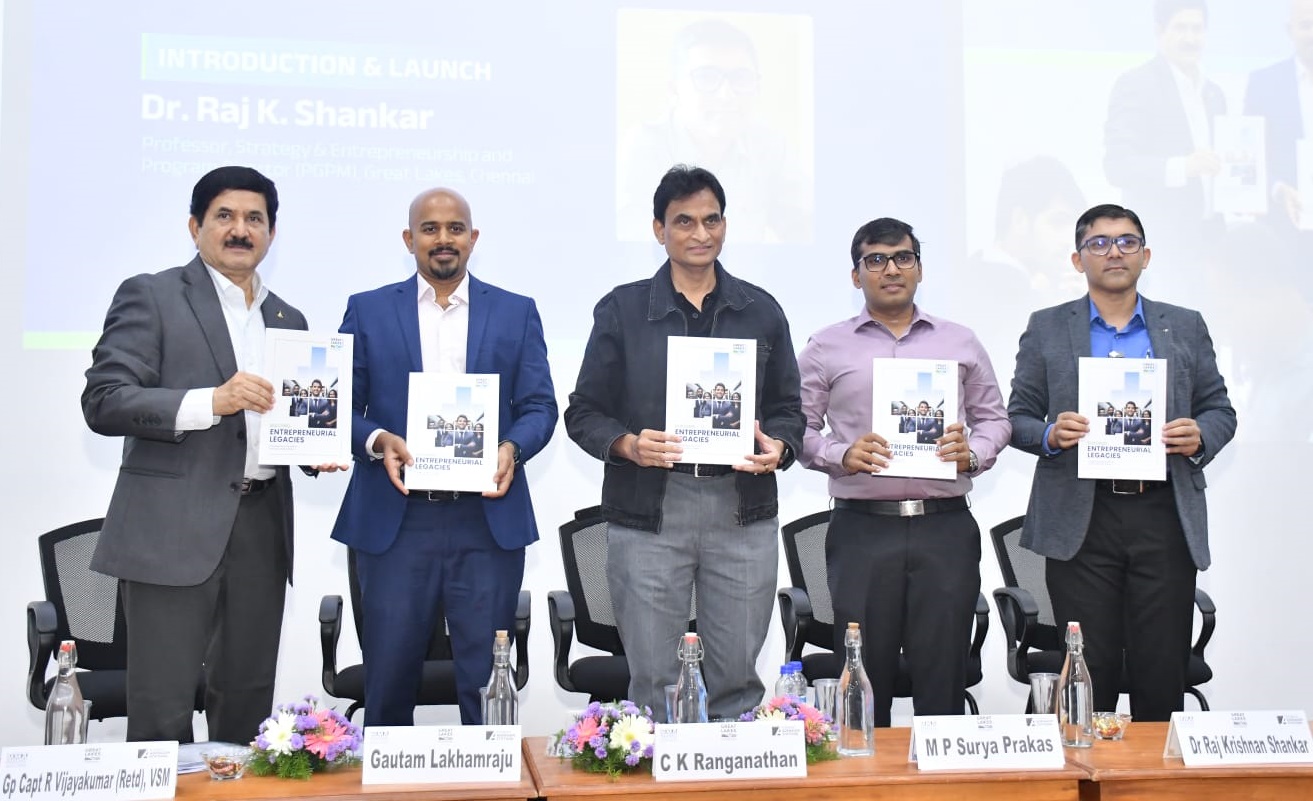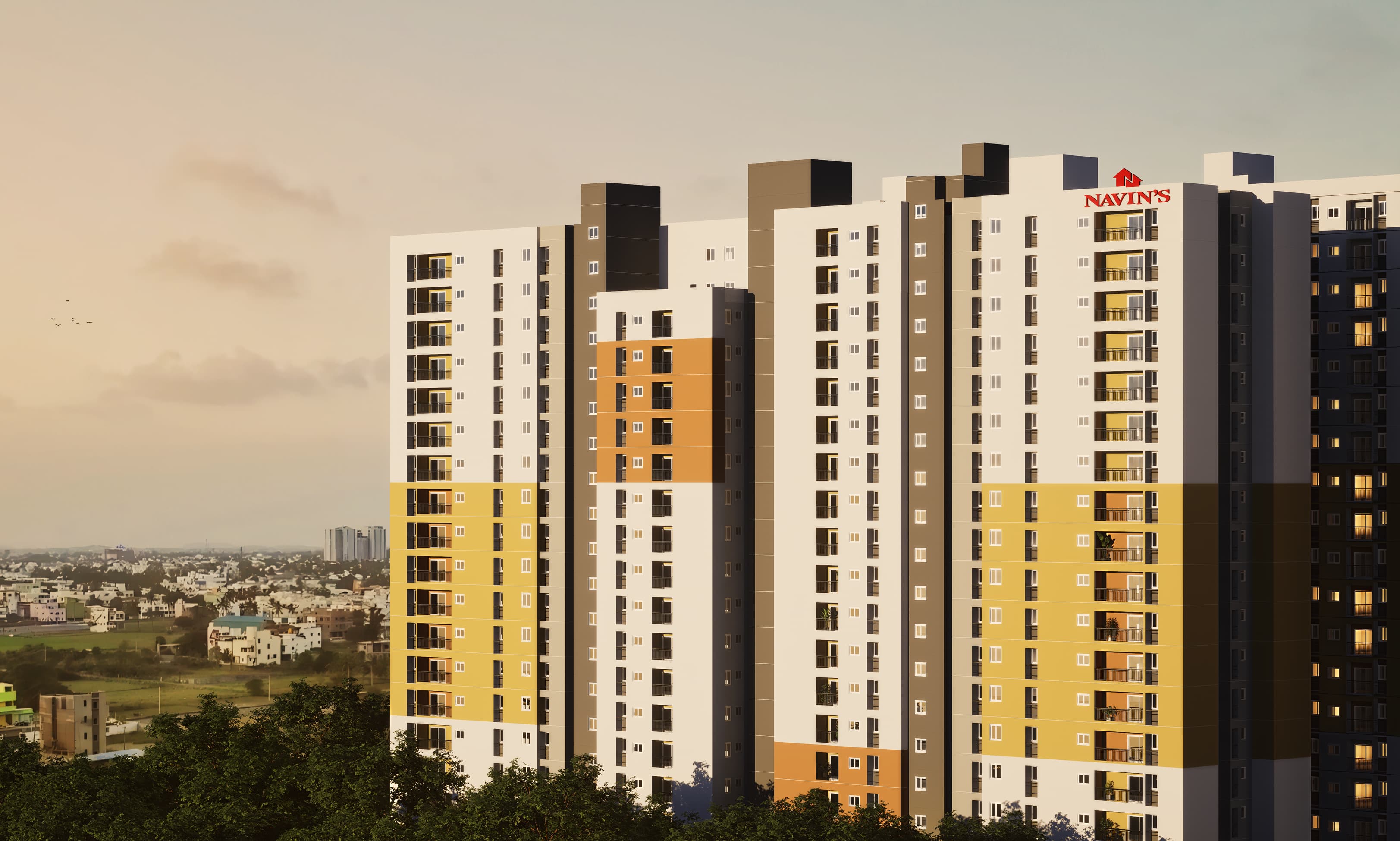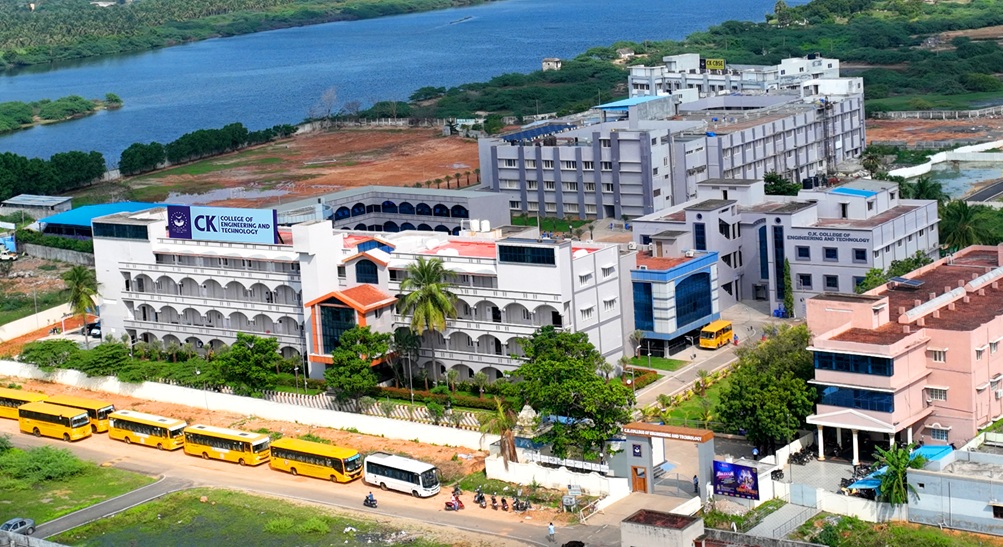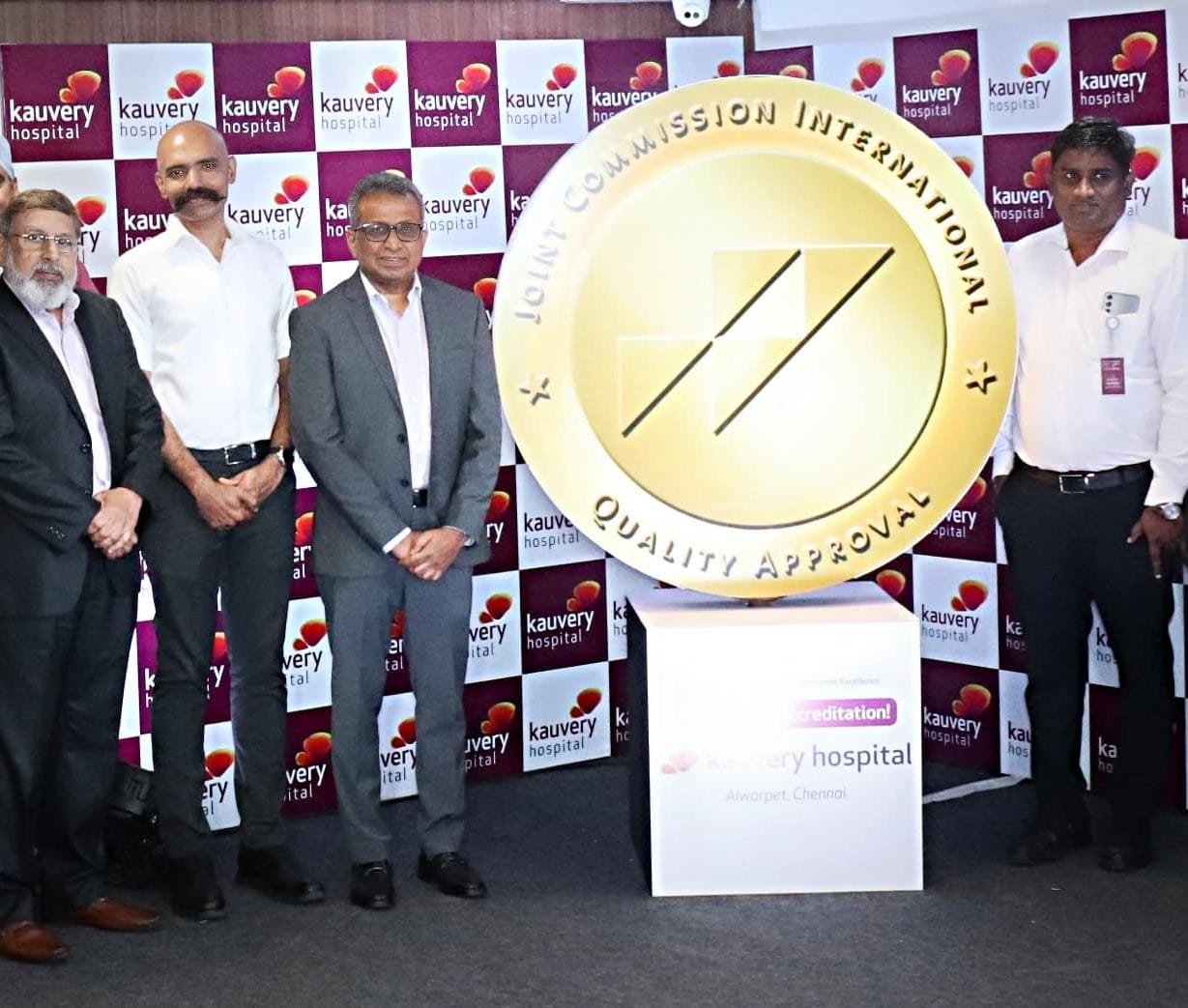October 10, 2025 — Dr. Nandini Azad, President of the Working Women’s Forum (WWF) – Indian Cooperative Network for Women (ICNW) and a globally recognized cooperative leader, spearheaded a high-level dialogue at the Natesan Institute of Cooperative Management, (NICM) (under the Aegis of the National Council for Cooperative Training (NCCT), Delhi Ministry of Cooperatives). The NICM as part of the ongoing celebration of the United Nations International Year of Cooperatives (IYC) 2025 organized Southern Zone Cooperatives innovations for women and marginalized communities.
The event, held under the International Year of Cooperative
(IYC 2025) theme “Cooperatives Build a Better World”, focused on the critical and interconnected challenges of climate change, the pervasive issue of gender violence, and the path toward a gender-responsive COP 30 (30th Conference of the Parties to the UNFCCC) in Brazil. Dr.Azad is attending COP30 in Brazil the next fortnight (November 2025).
Addressing the Triple Crisis: Climate Change, Gender Violence, and the Cooperative Solution.
Dr. Azad leveraged the platform to amplify the voices of grassroots women entrepreneurs and co-operators, stressing that co-operatives are not merely economic enterprises but powerful vehicles for social justice and resilience.
“For the millions of poor women we serve in the informal sector, climate change is not an abstract concept; it is a daily threat to their livelihoods, their health, and their safety,”
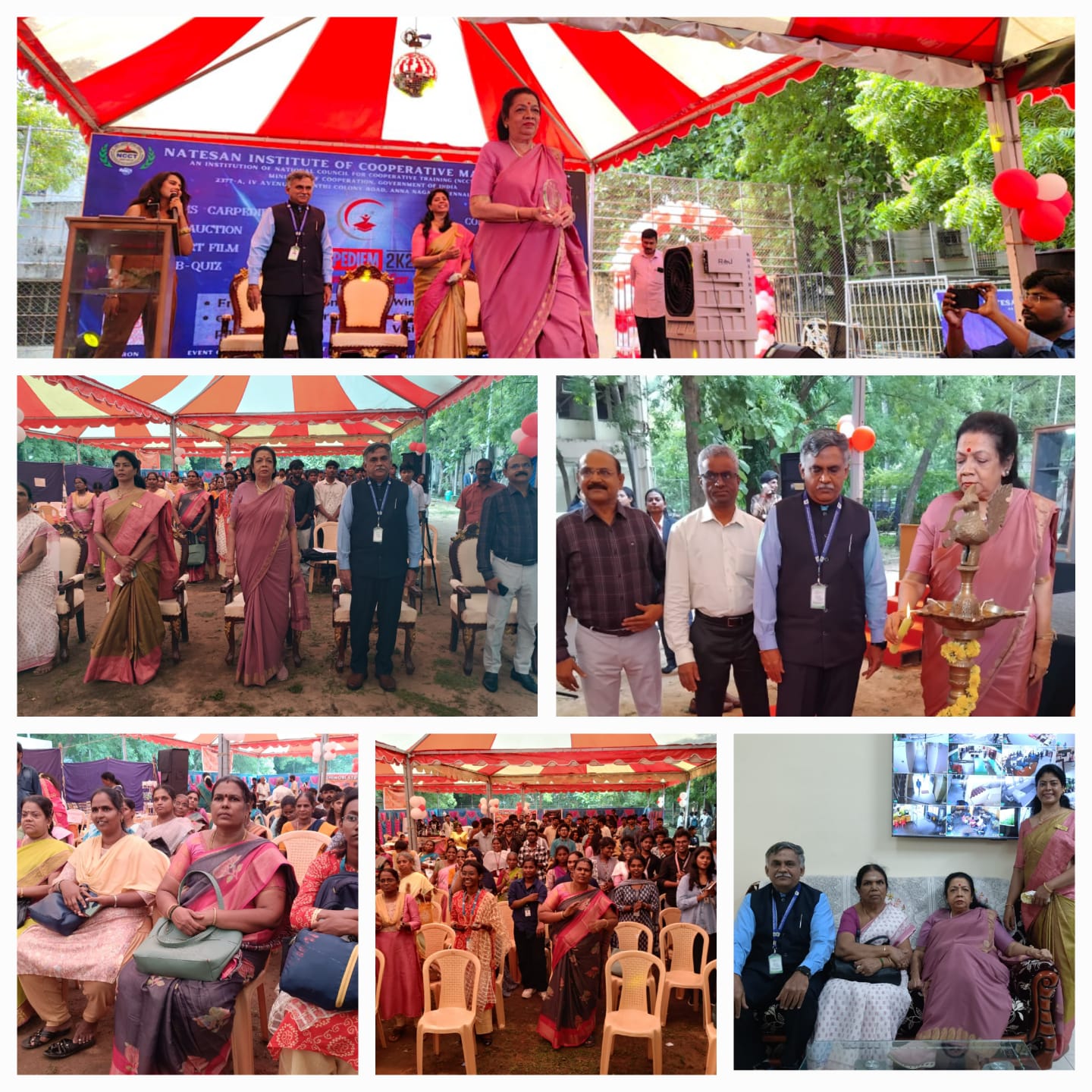
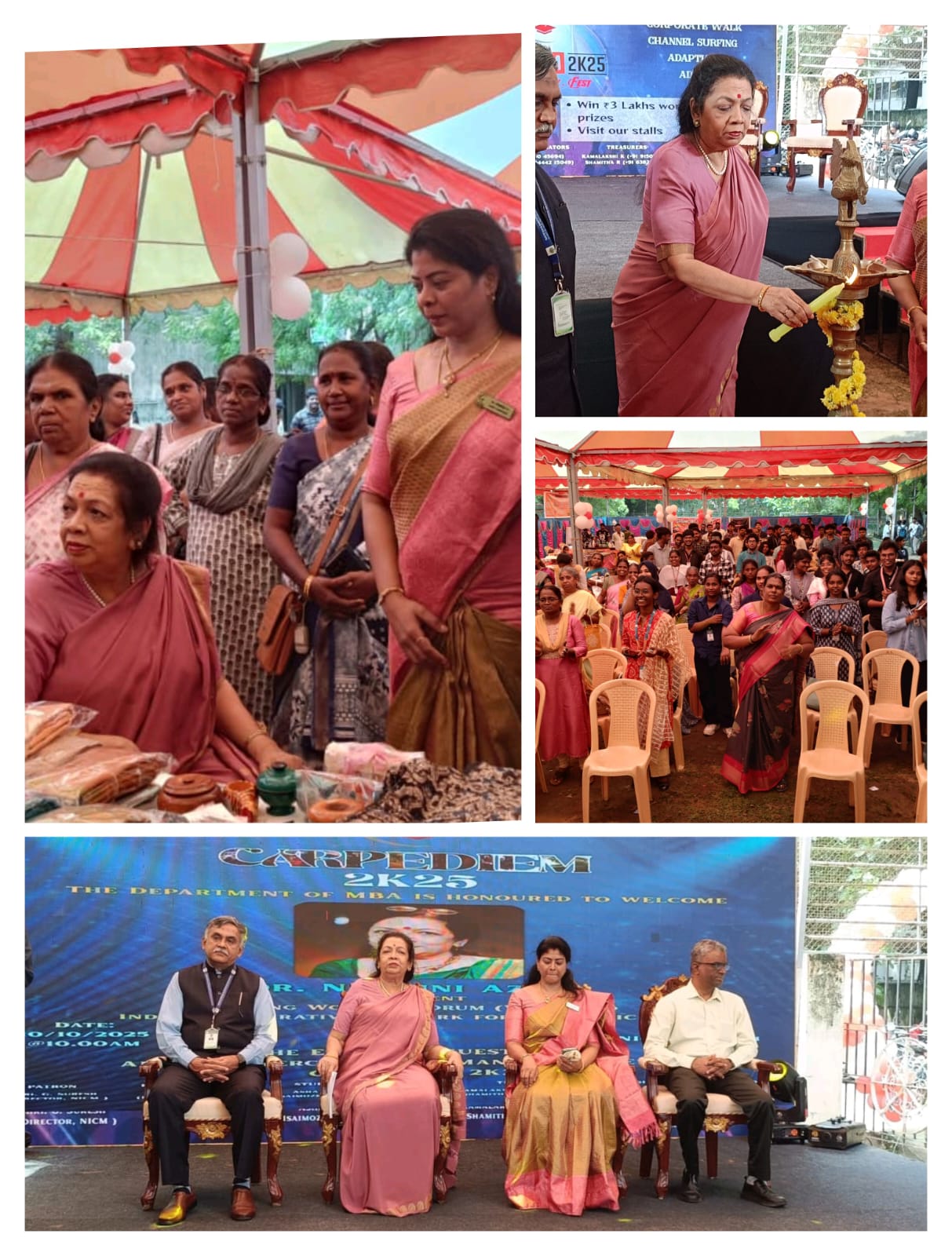
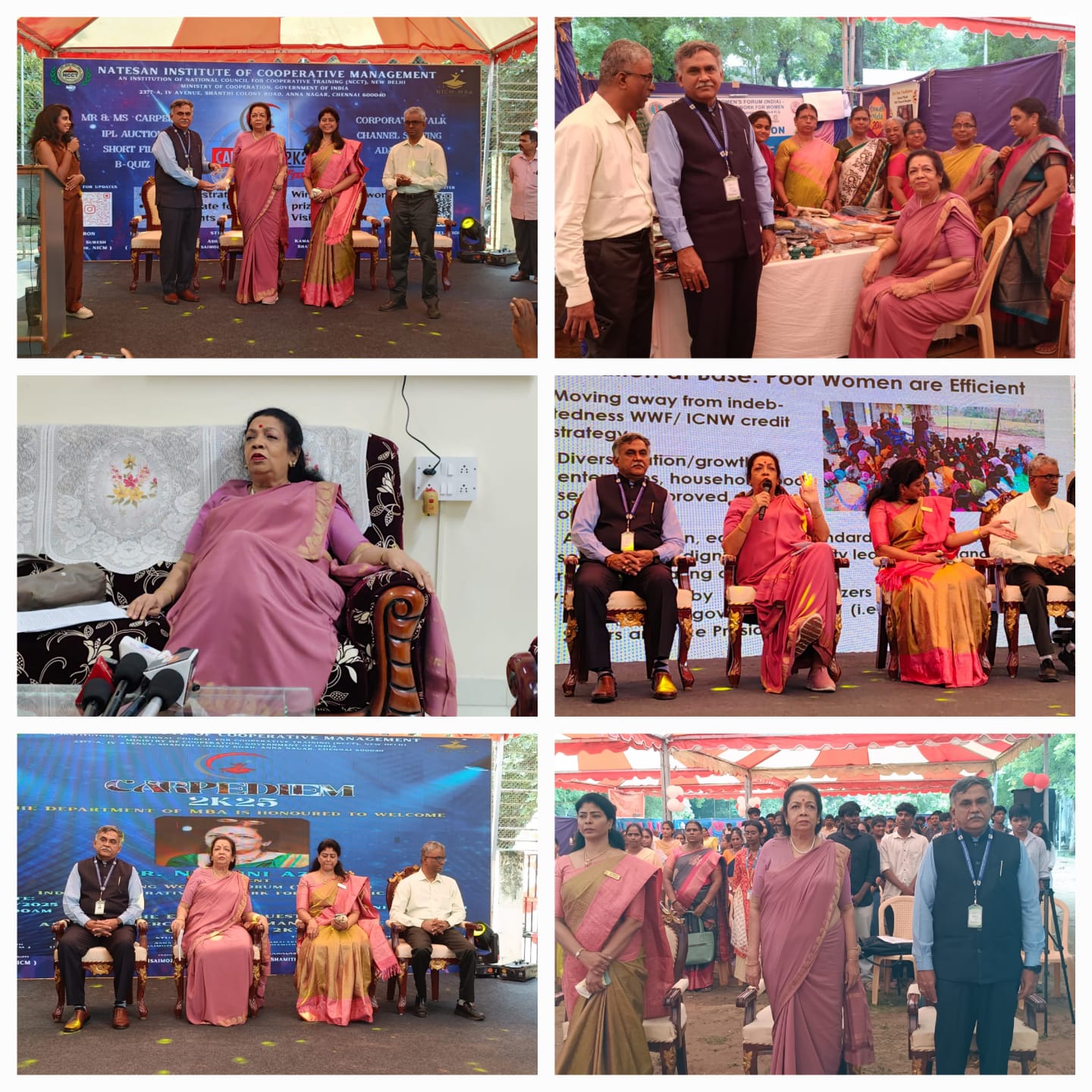
Dr. Azad stated. “As climate-induced disasters intensify, so does the risk of gender violence and displacement. The cooperative model, with its principles of democratic control and community concern, offers a tangible, scalable framework for gender-just climate adaptation and mitigation. “She underscored the urgent need for global policy to recognize and finance women’s cooperatives as key implementers of climate action, particularly in agriculture and disaster-prone regions.
Call to Action for a Gender-Responsive COP 30, Brazil
A central theme of the dialogue was the necessity of integrating a robust Gender Action Plan into the outcomes of the forthcoming COP 30 summit ,Brazil.
Key imperatives highlighted by Dr. Azad for the upcoming international climate negotiations include:
Gender-Responsive Climate Finance: Mandating that at least 50% of all international climate finance—for both mitigation and adaptation projects—be channelled directly to or through women-led organizations and cooperatives.
Addressing Climate-Related Gender Violence: Advocating for dedicated resources and protective frameworks within national climate policies to mitigate the documented increase in sexual and gender-based violence (SGBV) during and after climate-related displacements and disasters. The Gaja cyclone (2018) caused worst damages (90%) in Adiramapattinam branch, where also part of the speech.
Empowering Women in Decision-Making: Ensuring equal representation and active participation of women cooperators, farmers, and indigenous leaders in all national and international climate negotiating bodies.
The WWF-ICNW’s advocacy is designed to influence global stakeholders to move beyond rhetoric and establish concrete, accountable commitments that place women’s leadership and well-being at the core of the global climate agenda.
The successful dialogue has set the stage for further multi-stakeholder engagement on these topics in the coming months, culminating in a series of policy recommendations to be presented at major international forums ahead of COP 30.
The Working Women’s Forum (India) (WWF-I) – Indian Cooperative Network for Women (ICNW) is a social movement having reached 6,21,000 poor women across 13 cooperatives from 4 states in South India (Tamil Nadu, Andhra Pradesh, Karnataka and Telangana) in 274 occupations approximately. The voices of poor women are heard at global high tables with representation at for eg.: the World Farmers Organization (largest independent voice of farmers) (our President is the coordinator cooperatives) and International Raiffeisen Union (oldest cooperative union) (global board member), the President ICNW/WWF, Dr.Nandini Azad is the only women to be re elected to the IRU board in 100 years. The last year at G-20 in Brazil, they broke the glass ceiling to be the only International Civil Society Representative invited to speak at the first time inaugural of the Social Summit inaugural in Brazil (Dr. Nandini Azad) representing International Civil Society.
Our members are engaged in 270 types of occupations as diverse as agriculture, fishing, horticulture, poultries, animal husbandry, weaving, lace making, hawking, organic manure, flower/vegetables sellers, shops etc., (service, manufacturing, production & trading center). They represent a convergence of class, caste, and gender that create very difficult social conditions of living for them. But our grassroots women have demonstrated that they can cope and recover from any pandemic or disaster or poverty, gender equality and gender violence through our ‘Gender and Equity’ cooperative model of women cooperatives.
The Indian Cooperative Network for Women (ICNW) its credit arm has developed a model within the context of SDG’s (1, 2, 3, 5, 9, 14) that they actively implemented since 1995 called the Gender and Equality Model. ICNW also has a gender based violence product in microfinance. (bankers often shy away from Gender violence protection).
The WWF – ICNW model is considered a best practice globally for 4 decades. A breakthrough model that facilitates poor women’s economic empowerment through its mass outreach of poor women members and its innovative financial inclusion program is a long-term preventive program (through financial inclusion) to counter gender based violence also. Many world leaders observe its operation and also interacted with the women entrepreneurs, admiring the unique new age cooperative governed by grassroots women. World leaders and the inter-governmental process have been increasingly admiring WWF-ICNW’s ‘Gender and Equity Model of Empowerment’ as an holistic example for the UN SDG. A unique innovative 40 year iconic flag bearer, as one of the last powerful mass movements of poor women workers. In 23 years ICNW’s ICT program since 2000 has transformed children of fisherwomen and wage labourers as software players digitalizing to enhance technology outreach in its operations for financial inclusion of poor women. The ICNW has 13 branches in India and is a major multi-state co-operative for women. (285 trades in the informal sector).
Natesan Institute of Cooperative Management (NICM):
Natesan Institute of Co-Operative Management ( NICM ), Chennai is one among the 19 Premier Institutes run by the National Council for Co-Operative Training (NCCT – New Delhi), with financial assistance from the Ministry of Cooperation, Government of India. NICM will be recognized as an Innovative and significant cooperative human resource development institution and will encourage and support cooperative organizations, government departments and individuals to meet their learning needs. Serve as resource centre for professionalisation of cooperative movement and community enrichment.
Congratulating the NICM’s, Director, the MBA Department its HOD Dr.U.Homiga, Staff and students Dr.Azad said the new ‘CARPEDIEM 2K25’ is very good innovation with artisanal material from several states have sent with handicrafts, Sarees etc., Cooperatives, weavers from Kanchipuram (WWF-ICNW) Andhra Pradesh Kalamkari, Bidiri work from Bidar (Karnataka – WWF/ICNW) Lac Wooden Toys from Channapatna.

